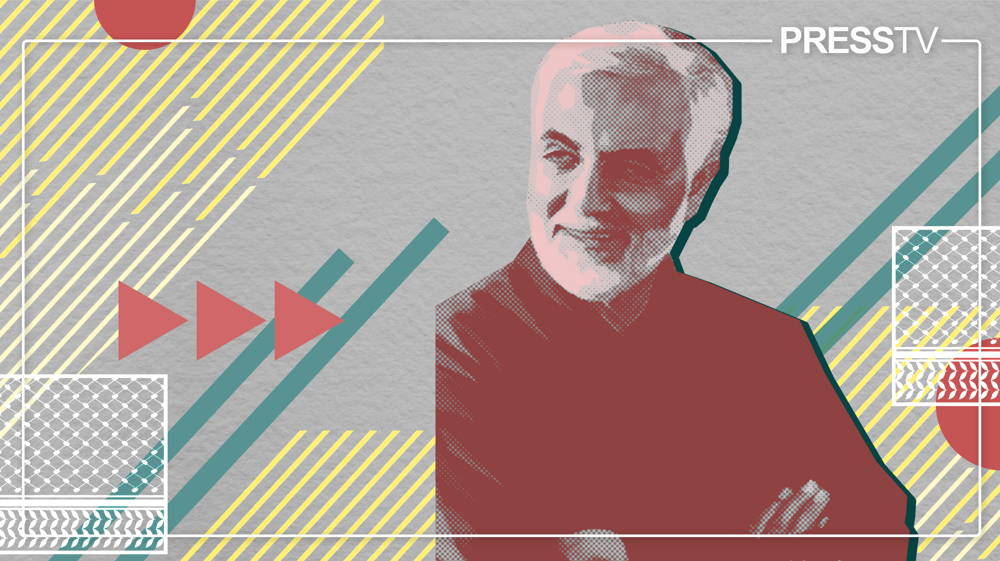UK general elections: Hung out to dry?
By Jane Calvary
Investigative journalist
It seems that gone are the days when a majority party in the British House of Commons could celebrate victory in the general elections. In such days, the leader of the majority party could in a victorious moment call himself the new prime minister. Most probably, Thursday, 7 May 2015 won’t be such a day.
Under the Fixed Term Parliament Act 2011, all British governments are obliged to hold parliamentary elections every five years beginning in 2015. And now, less than 100 days to the general elections, almost all parties are gearing up to win their seats in the House of Commons. Considering the latest opinion polls, the prediction of a hung parliament is factually grounded, and there is a good chance that the upcoming elections may produce the second successive British hung parliament.
Almost all polls suggest that there is no safe bet on the major parties while a bloody battle between the Tory and the Labor party is raging. As of 1 February 2015, a with 3-point lead, Labor is ahead of Tories with 34 percent. The UK Independence Party (UKIP) is at third place with 15 percent followed by the Liberal Democrats Party and Greens with 7 and 6 percent accordingly. The Scottish national party is also predicted to amass a significant number of votes and increase its six seats in the House of Commons to up to 25 seats.
The two main parties (Labor and Tory) are moving into the same tight lead. The only way either David Cameron or Ed Miliband could form a majority government is that their parties win the golden 326 seats mark. That would be unlikely and the formation of the second consecutive hung parliament seems to be inevitable.
Hung parliaments in simple words
A hung parliament is formed when there is no definite outcome in the elections. The United Kingdom is divided into 650 constituencies. Every time there are general elections (including the forthcoming general elections in May) the voters of each constituency will elect one MP to represent them in the House of Commons. If one party doesn’t gain half plus one seats in the parliament (326 seats) it won’t have an overall majority and thus won’t be able to pass laws without the support of the members of the other parties. In that case, the formation of a coalition between the main party and another smaller party (or parties) could pave the way for reaching the golden 326 seats mark.
The day after the general elections, when there is no overall majority, the incumbent prime minister (David Cameron), is entitled to remain in office until the formation of a new coalition government. Technically, in ordinary circumstances, the leader of the largest party is expected to form the government, but in case of a hung parliament, that wouldn’t necessarily be the case. The party that can command the confidence of parliament would be entitled to form the government even if it is the second biggest party. The Queen invites one of the parties’ leaders to form the government based on the incumbent prime minister’s advice. For example, if in the upcoming general elections, the Labor party gains more seats that the other parties, the current prime minister and the leader of the Tory party could argue that he believes his party has the first opportunity to form the government and, instead of the Labor, as the biggest party, Tories are entitled to form a government. Such a process could take from a few days to several weeks. During this period, the incumbent prime minister and his cabinet remain in office as the “caretaker government.” Caretaker governments refrain from taking important decisions without consultation with the opposition.
Hung parliament: A nightmare or an excellent opportunity for Britain?
Although the formation of the hung parliament is typical in many parliamentary democracies around the world, such a political phenomenon is relatively rare in Britain. Other than the current hung parliament, the United Kingdom doesn’t have much experience in that area in the recent past decades. The last elections that led to the formation of a hung parliament at Westminster were in February 1974. The experiences of the past coalition governments and hung parliaments show that the formation of a hung parliament would bring a new wave of political and economic anxiety to the United Kingdom. Implications of a hung parliament and an inconclusive election result will inevitably lead to a period of distrust among the society that will have certain negative consequences on the newly formed government’s effectiveness. In addition, the hung parliament poses significant risks to the national business as it dampens consumer confidence.
At the end of the day, many analysts believe that Britain is about to pay a hefty price if the controversies, indecisiveness and behind-the-scene power struggles in the current coalition government continue after the May general elections.
Meanwhile, some politicians and social observers believe that a hung parliament is not entirely bad news for Britain. It could also be seen as an excellent opportunity to restore public interest in the political process and act as a catalyst for electoral reform.
Which parties will play the key roles in case of a hung parliament outcome?
Just a few weeks after the launch of election campaigns, the party leaders are already being asked about how they will act in the event of a hung parliament and which parties they will consult with in case the formation of a new coalition government proves to be necessary. Nick Clegg, the leader of the UK Liberal Democrat party, has already dismissed any chance of forming a coalition with the UKIP, suggesting that the Labor and the conservatives will again hold power. He has asserted that Lib-Dems will speak first with the party with the most votes.
Ed Miliband, the Labor leader, has also made it clear that the Labor won’t deal with the Scottish National Party and the Greens. After the Scottish referendum, the polls in Scotland point to a landslide victory for the SNP and destruction of the Scottish Labor in the British highlands. Unless Milliband can reverse the surge in Scotland, his best hope to form a coalition government would be entering a pact with SNP. That seems to be a bit hard for Miliband as in that case Alex Salmond would become the deputy prime minister. A man who wants to break up from Britain altogether!
The chance of Labor forming the government with the Lib-Dems is slim. Considering the public attitude towards the Labor, the projected 16 Lib-Dems seat in the next parliament would be of much incentive for Miliband to enter a deal with Clegg.
Tories’ chances also hang in the balance. In the 2010 elections, they failed to gain the majority and in the 2015 elections, the situation is even worse as the UKIP is rising. In addition, the poisonous relationship between Cameron and Farage, the leader of the UK Independence Party, has minimized the chance of any agreement between the two. The prospect of a new coalition between Tories and Lib-Dems also depend on two factors: if the Tories remain the largest party after the elections and if there will be enough Lib-Dem MPs to make up the numbers.
By the way, as the specter of another hung parliament is looming large, the main party leaders are contemplating the minority rule. Not since 1910 have British citizens voted for two successive coalition governments. Benjamin Disraeli, the British Conservative politician and the 19th-century aristocrat prime minister of Britain may be right in saying ‘England does not love coalitions.’
JC/HJL
Gaza death toll 40% higher than recorded, Lancet study estimates
VIDEO | Lebanon elects new president
Scores killed as US, Turkish proxies clash in northern Syria
At least 5 dead as wildfires devour districts across Los Angeles
VIDEO | Press TV's news headlines
Houthi: Israel incapable of downing Yemen’s hypersonic missiles
Inquiry: UK soldiers executed Afghan boys 'younger than 16'
Palestinian dies due to medical negligence he faced in Israeli prisons










 This makes it easy to access the Press TV website
This makes it easy to access the Press TV website